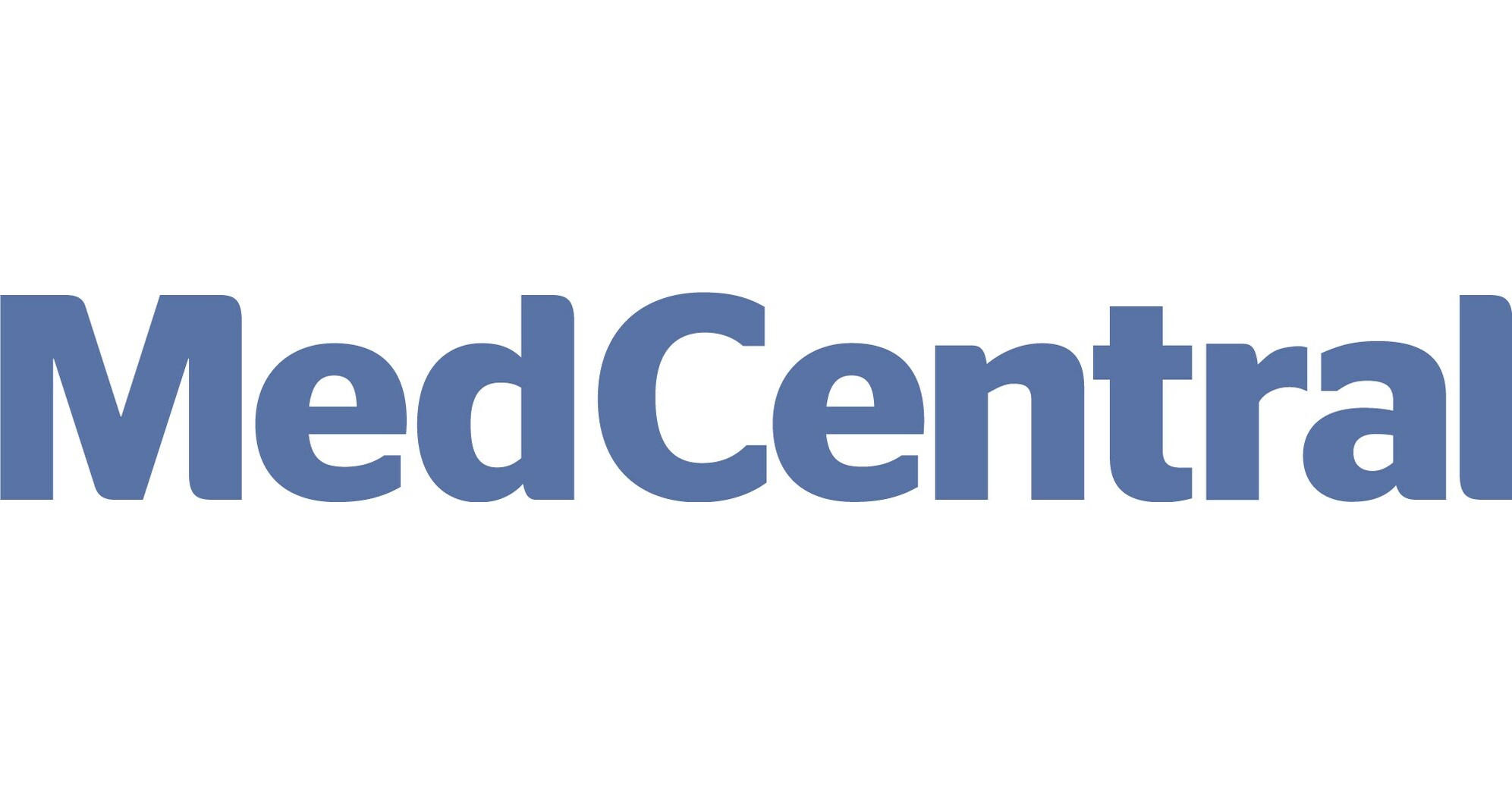
Editor's Note The US Food and Drug Administration (FDA) has designated recent medical device recalls involving GE Healthcare’s Carestation anesthesia system, Medtronic aortic root cannula systems, Zoll Circulation’s AutoPulse NXT Resuscitation System, and Medtronic’s Bravo CF Capsule Delivery Devices as Class 1, the most severe category indicating serious risk of…

Editor's Note A multidisciplinary expert panel has released the first evidence-based airway management guidelines specific to patients living with obesity. Published June 5 in Anaesthesia, the 43-point framework—developed by the Society of Obesity and Bariatric Anaesthesia (SOBA)—offers perioperative strategies aimed at improving the safety and consistency of care in a…

Editor's Note Patients taking GLP-1 receptor agonists (GLP-1 RAs) do not need to discontinue these medications before undergoing anesthesia but should follow extended preoperative fasting protocols to reduce aspiration risk, according to a June 5 article in Medscape. As detailed in the article, this recommendation comes from a new multidisciplinary…

Editor's Note The American Society of Anesthesiologists (ASA) has partnered with Epic to launch the Anesthesia Community Registry (ACR), which is designed to enable easier data collection, benchmarking, and insight generation at scale. Powered by Epic’s new Community Registries platform, the ACR will complement ASA’s existing National Anesthesia Clinical Outcomes…

Editor's Note All newly certified registered nurse anesthetists (CRNAs) in the US will be required to hold a doctoral degree, marking a significant shift in training standards for the profession, according to a May 3 post by James Allen, MD, on his page, “Hospital Medical Director,” also covered by Becker's…

Editor's Note Greater familiarity between surgeons and anesthesiologists was associated with reduced major morbidity in certain high-risk procedures, according to a Canadian retrospective cohort study published in JAMA Surgery. As detailed in a May 28 report from MedPage Today, the population-based analysis included more than 711,000 index procedures, finding an…

Editor's Note Research shows patients undergoing procedural sedation for endoscopic procedures experience significant and often undetected heat loss comparable to that seen during general anesthesia despite widespread assumptions that sedation preserves thermoregulation. Findings were published May 27 in The Journal of PeriAnesthesia Nursing. Conducted at a tertiary hospital in…

Editor's Note EEG-guided anesthesia reduces drug use and speeds recovery in children, according to an April 22 report in Neuroscience News. The article focuses on a clinical trial, conducted in Japan and published April 21 in JAMA Pediatrics, comparing standard anesthesia dosing with EEG-guided dosing in more than 170 surgical…

Editor's Note Helping patients taper opioids preoperatively before deploying multimodal care strategies can help prevent instances of patients already with prescriptions going home with even higher doses. That’s the main takeaway from an April 22 MedCentral interview with Marie N. Hanna, MD, division chief for regional anesthesia and acute pain…

Editor's Note Ambulatory surgery center (ASC) leaders elevate safety by treating patient selection as a clinical gatekeeper, then prop that rigor with data-driven workflows, advanced monitoring, and targeted robotics to bring complex spine cases safely into the outpatient space. An interview with Glenn Snyders Jr, MD, medical director and head…